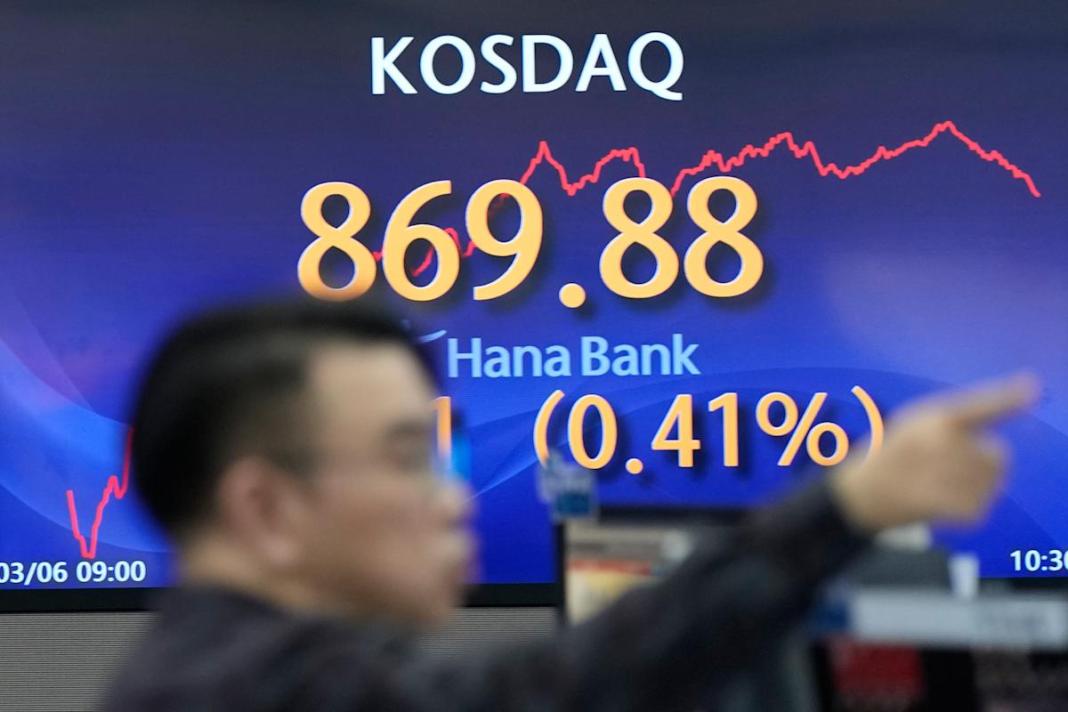Venezuelan officials announced on Tuesday that national elections will be held on July 28, a decision that many hoped would pave the way for democracy in the country. However, concerns have been raised about the fairness of the upcoming election after the leading opposition candidate was barred from the ballot by the country’s highest court.
The announcement of the election date comes after President Nicolás Maduro’s government made a commitment to the United States to hold elections this year in exchange for the lifting of economic sanctions. In October, Maduro signed an agreement with the opposition to work towards a free and fair presidential vote, leading to the temporary easing of U.S. sanctions on the oil and gas sector.
However, the opposition candidate, María Corina Machado, who won over 90 percent of the vote in a primary election, has been declared ineligible to run by Maduro’s government. This move has raised concerns about the fairness of the election and the potential for the Biden administration to reimpose sanctions on Venezuela.
Geoff Ramsey, a senior fellow for Venezuela at the Atlantic Council, stated that Tuesday’s announcement “makes it crystal clear that Venezuela will not have free and fair elections this year,” and predicts that the Biden administration will likely reimpose sanctions.
The upcoming election on July 28, which coincides with the birthday of former President Hugo Chávez, is seen as an attempt to leverage Chávez’s legacy to boost Maduro’s electability. With opposition candidates having until March 25 to register, it remains to be seen if Machado’s party will push for her candidacy or unite around another candidate.
Analysts believe that a fractured opposition will benefit Maduro’s candidacy, as it reduces the chances of a strong challenge to his rule. Despite concerns about the fairness of the election, Maduro’s government is moving forward with the plans for the summer election, setting the stage for a contentious political battle in Venezuela.


